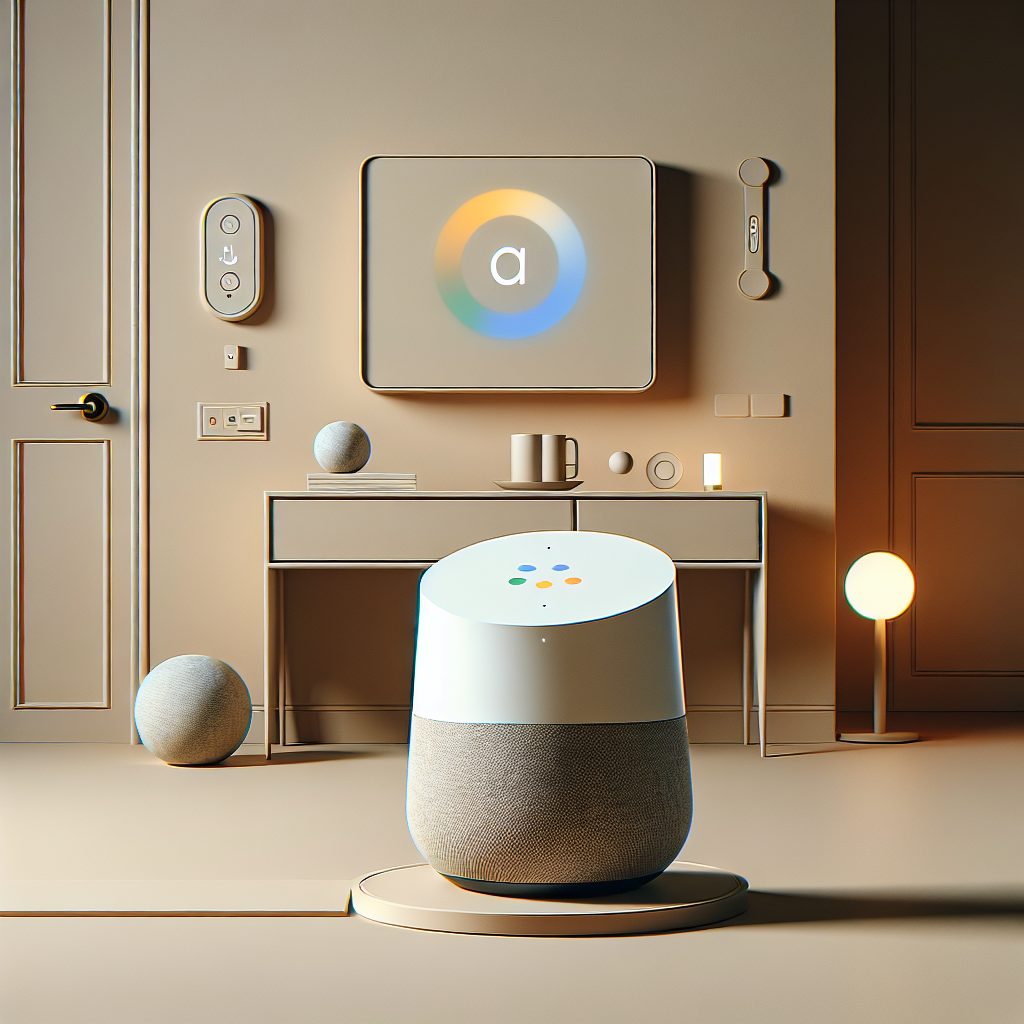Why Google Home is Lagging Behind Apple, Alexa, and SmartThings in Smart Home Technology

Introduction to the Rise and Fall of Google Home
Google Home once emerged as a significant contender in the smart home technology arena, boasting a range of impressive features such as the ability to group devices and execute voice commands for seamless control. However, the tides appear to have shifted, with Apple, Alexa, and SmartThings now outshining Google Home in terms of innovation and user satisfaction. This shift raises pertinent questions about Google's current position in the smart home landscape and its ability to compete with leading rivals.
Lack of Innovation in Google's Product Line-Up
One of the most pressing issues contributing to Google's decline in the smart home technology market is the apparent stagnation of its product line-up. The last notable release was the Google Nest Hub (2nd Gen) in 2021, which brought minimal updates to its predecessors. In contrast, Apple and Amazon have consistently launched new models, incorporating advanced features that keep users engaged and their ecosystems vibrant.
The End of Nest Accounts and User Confidence
The discontinuation of Nest accounts has contributed to a dwindling user base as consumers seek reliable alternatives. Google's strategic decisions regarding account management have shaken user confidence, inadvertently pushing them towards devices that offer more comprehensive support and seamless integration, like Apple's HomeKit and Samsung's SmartThings platform.
Can Artificial Intelligence Revive Google's Prospects?
While Google has been a pioneer in artificial intelligence, there remains untapped potential in leveraging AI to enhance smart home functionalities. Although some devices still employ Google's powerful AI capabilities, the execution has not translated into tangible advantages for smart home enthusiasts. Should Google capitalize on its AI prowess, the technological landscape might sway back in its favor.
Rivals Capitalizing on Google's Downfall
Amazon's Alexa and Apple's Siri have expanded their ecosystems, integrating with a plethora of third-party devices to offer consumers a seamless smart home experience. Samsung's SmartThings platform, renowned for its open compatibility, provides users with extensive options to customize their smart homes, capitalizing on Google's reduced focus in recent years.
Conclusion: The Path Ahead for Google
For Google to reclaim its stronghold in smart home technology, a revamp of its strategic plans and renewed commitment to innovation are paramount. Reassessing its product development cycle, bolstering AI integration, and rebuilding consumer trust could aid Google in regaining its former glory amid fierce competition. As the digital landscape evolves, a vibrant Google ecosystem, akin to its competitors, is achievable yet demands an orchestrated focus on consumer needs and technological breakthroughs.




